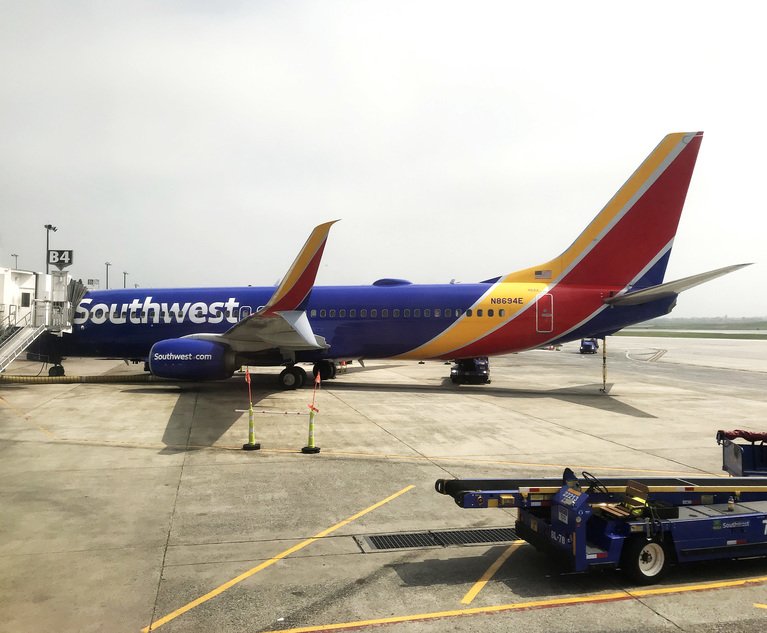The recent trade war has resulted in economic stress for many employers. Unfortunately, many employers have needed to let go certain workers in order to run their businesses. The trade adjustment assistance (TAA) program is a federal program that provides aid to workers who lose their jobs or whose hours of work and wages are reduced either because their jobs moved outside the United States or because of an increase in directly competitive imports. Providing information to federal and state agencies as part of the investigation for determining TAA eligibility for separated workers has surfaced as a unique challenge for employers because these matters move fast and entail a complex web of overlapping federal and state regulations and policies. Further, failure to handle these matters carefully could result in sensitive company information being disclosed to the government and, ultimately, to competitors and the public. This article provides guidance to employers in navigating their responsibilities when separated workers seek TAA benefits.
What Is Trade Adjustment Assistance?
The TAA program, administered by the U.S. Department of Labor (DOL), offers significantly enhanced benefits and reemployment services to help former employees prepare for and obtain suitable employment, such as training, job search and relocation allowances, income support, and other reemployment services. These benefits are provided at no expense to employers.


 The Frances Perkins Building of the U.S. Department of Labor headquarters in Washington, D.C.
The Frances Perkins Building of the U.S. Department of Labor headquarters in Washington, D.C.







